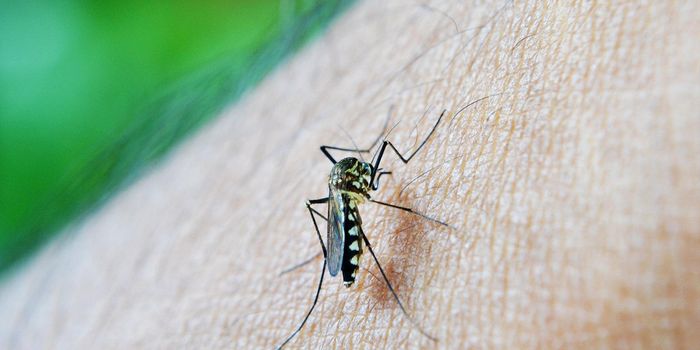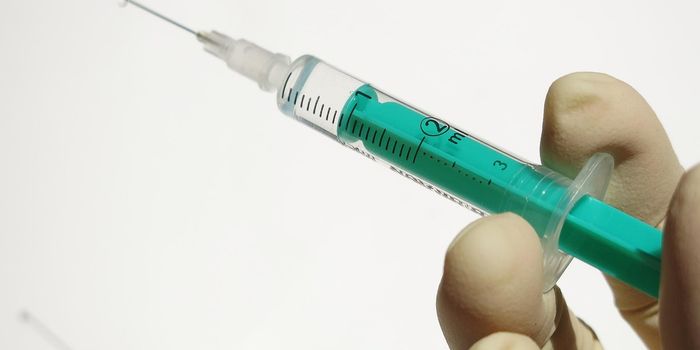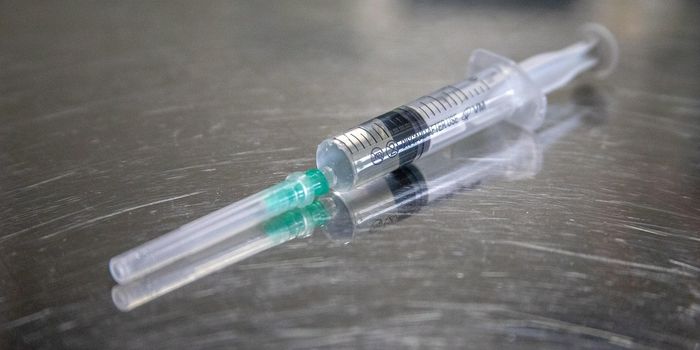Cytokine Storms Aren't to Blame for COVID Respiratory Failures
Many of the life-threatening symptoms of COVID-19 have been pinned on “cytokine storms” — immune systems in overdrive due to the infection. A new study has revealed that this immune phenomenon is, in fact, a rare occurrence among COVID-19 patients. This has important implications for COVID drug development, the focus of which has largely targeted overactive immune responses.
Philip Mudd, professor of emergency medicine and co-author of the paper, explained: “One of the very first papers published on COVID-19 patients in China reported high levels of cytokines in people in intensive care, what we might call a cytokine storm.”
“We wanted to have a better idea of what this cytokine storm looked like, so we began looking for it in our patients, and we were very surprised when we didn’t find it. We found that cytokine storm does happen, but it’s relatively rare, even in the COVID-19 patients that go on to have respiratory failure and require a ventilator.”
“But now this idea has gotten established that respiratory failure in COVID-19 is driven by cytokine storm, and lots of unproven anti-inflammatory treatments are being given to critically ill COVID-19 patients in an attempt to suppress the cytokine storm. That worries me because such treatments are unlikely to help most people with COVID-19.”
Mudd and his team of researchers analyzed blood samples from a cohort of almost 170 patients diagnosed with COVID-19, with influenza patients and healthy donors as controls. They found that the overall numbers of immune cells (indicative of an inflammatory response) were roughly equal in patients with COVID-19 and the flu. Only four percent of COVID-19 patient samples displayed the so-called cytokine storms, with the majority of them showing fewer signs of inflammation than influenza patients.
Inflammation-suppressing steroids such as dexamethasone have only been shown to be effective in a small percentage of severely ill COVID-19 patients. According to Mudd, the findings from his study explain this. “It could be that the 4% of people who have cytokine storms are the ones who benefit from steroids in those clinical trials,” he said.
“I think our work helps explain why steroids help some people. But from our data, it doesn’t look like most COVID-19 patients have a deficiency of steroids. If you’re giving steroids to someone who already has a lot of steroids in their body, that might not be good for them.”
So, if it’s not cytokine storms, what causes the respiratory failure in very ill COVID-19 patients?
“In the population we studied, 24% died, but only 4% had a cytokine storm,” Mudd said.
“Most people who died of COVID-19 died without a cytokine storm. Severe flu is more inflammatory than severe COVID-19. So what’s causing their lungs to fail? We still don’t know. We’re trying to find out.”
Sources: Washington University in St. Louis, Science Advances.









